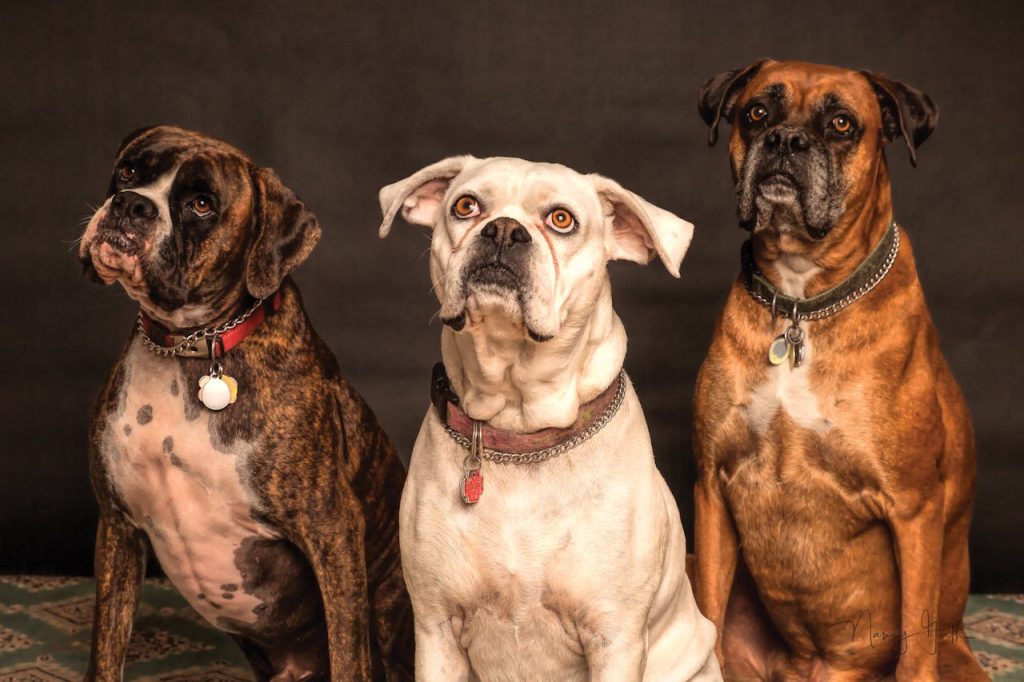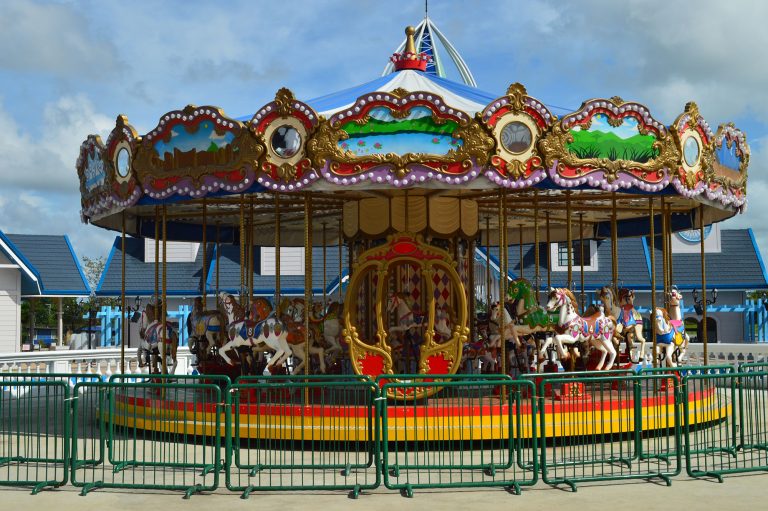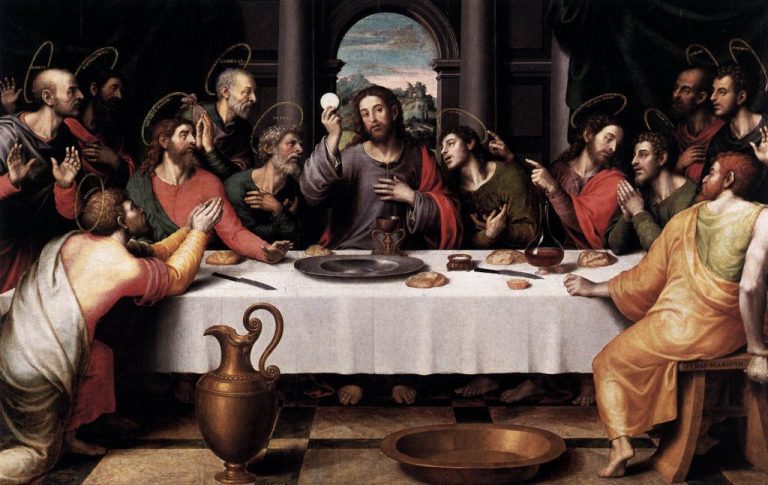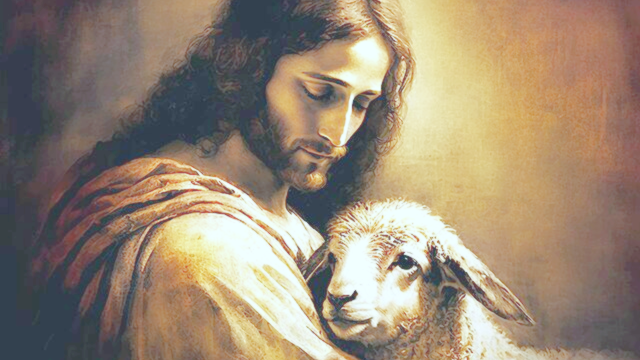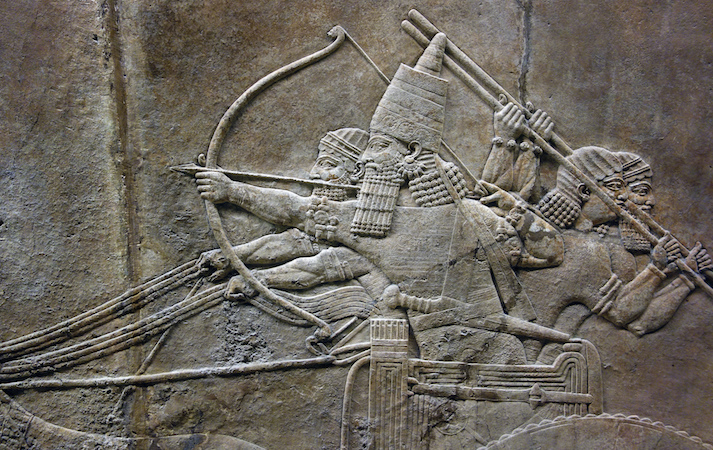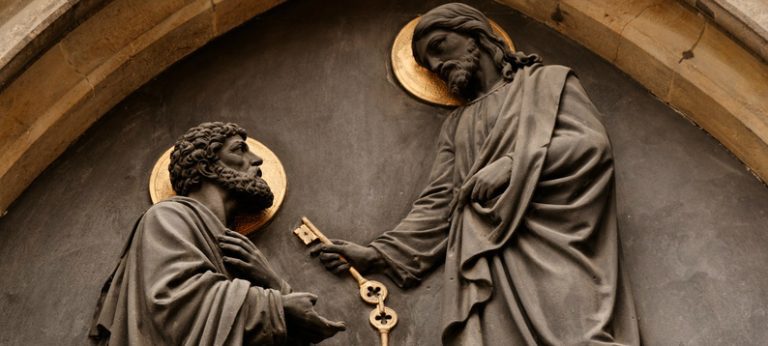The name “Protestants” is interesting. Rarely, if ever, in history has such a large group defined themselves by an entity that they renounce. It is almost like a group of people in Japan identifying their most important characteristic as being “Not-Chinese”, or a breed of dogs calling themselves “Not-Cats”.
When a person identifies themselves with what they are not, as do Protestants, whose one universal characteristic is that they are “Not Catholic”, we wonder, “Why?”
Almost half the Christians in the world spend part, or all, of their lives describing themselves with a word that essentially means “Not Catholic”. Not only are they “Not Catholic”, but also, they go beyond that, identifying themselves as being among those who “protest” against The Roman Catholic Church, as if She had made some kind of mistake that cannot be forgiven, or that She is in continual error. It is as if they are saying, “I am spending my religious life in protest against a religion whose priests, unlike the professionals in my own religion, in conscious imitation of Jesus Christ, Himself, take vows of poverty, celibacy, and obedience.”
It’s hard to pin down exactly what “error” She has committed. When pressed upon the issue, we see that their reasons for their lives in “protest” are few. Some don’t like the idea of Papal Infallibility. The old, ever-popular “Catholics worship Mary.” is usually accompanied by claims of “idol-worship” by those who mistake veneration of the saints as worshipping God.
Oddly, many who make these claims attend churches whose names are preceded by “St.”. In a bizarre display of ecumenical weirdness, there’s a nearby place of worship called “St. Peter’s Lutheran Church.” Those who attend are Protestants attending services in a place named for a Catholic Saint in a denomination that follows the teachings of Martin Luther, a former Augustinian monk turned “Protestant”. More bizarre, the Saint for which their church is named is the very one whom Christ appointed as the first Pope of the Roman Catholic Church.
No one attending St. Peter’s Lutheran Church appears to spend a lot of time wondering about the anomaly of being a Protestant attending a Church named for the first Pope while denying his call for “Oneness” among Christians. Even odder, they use the title “Saint” preceding his name, thereby validating the process of canonization instituted by the very Church against which they spend their lives in protest.
One wonders what St. Peter, Himself, thinks about St Peter’s Lutheran Church. Do the other disciples in Heaven tease him about it? “Peter, what’s going on? Why do you have anti-Catholic Protestants using your name and title to give credence to the authenticity of The Church the chose in place of yours?”
St. Peter may just shake his haloed head. He could, or course, reply, “You guys are no better.”, calling to mind that a great many other Protestant groups have named their houses of worship after others deemed to be saints by the Roman Catholic Church. Their existence points out a level of confusion that embraces the dichotomy without seeming to notice, or to let itself think about, the fact that it is always there.
This duality is especially odd when we consider that “God is One.”, which is what God’s chosen are supposed to believe. Interesting that they apply that teaching to God and not to His Church. It’s hard to see how such disparate views of God and His Sacraments can be reconciled without that Holy Oneness.
Despite the differences between them, The Roman Catholic Church gives credence to the Sacraments provided by many of the Protestant Churches. The Church recognizes that there are many of good will among the other denominations, men and women who seek to know, love, and obey God.
Protestors and Cash Flows.
One of the earliest examples of using Christianity for material ends was Simon Magus, who discovered that money could be made by bamboozling believers. The roll-call of profiteers who gained from the individual protests they organized against The Church began with Simon and went on to include Nestorians, Pelagians, Arians, Donatists, Monophysites. It continued through history to the latest splinter groups of today, communicating with like-minded Protesters over the airwaves.
Those behind the protests invariably labor diligently to produce systems that establish cash flows, preferably state-supported. Their duration on earth is directly proportional to the soundness of the cash flows their founders established. As various heresies and funding mechanisms were invented, The Church was learning the values of having its clergy take vows of poverty, celibacy, and obedience.
Dissenting churches didn’t, and don’t, require such vows. The uniformity with which they avoid pledges of poverty, celibacy, and obedience is so universal that we may think them to be a cause of discontent, not because they are wrong, but because, in the minds of the protesters, they are “too right (for us) ” and “too much (for us)”.
We all live long enough to discover such things. Life is all about using information to make decisions that will provide us with the most happiness for the longest time. Unlike the voluntary games of chance at the County Fair, every single one of us follows the dictates of a Being far greater than a mere carnival barker. He, Who has programmed all Creation, and has programmed us free-will creatures within it, has decreed: “You will pay your money and you will take your choice.”
We will each make that choice, either by selection or a cowardly avoidance that we may think is clever enough to fool Him. There is absolutely no way to avoid that great “Yes.” or “No.” That’s why we must decide between obeying The Church or aligning ourselves with those protesting against some, many, or all facets of its beliefs.
It’s important to choose carefully. It’s far more important to choose correctly. There’s a lot at stake. We may encourage this as an effective beginning: “God, please guide me.”

